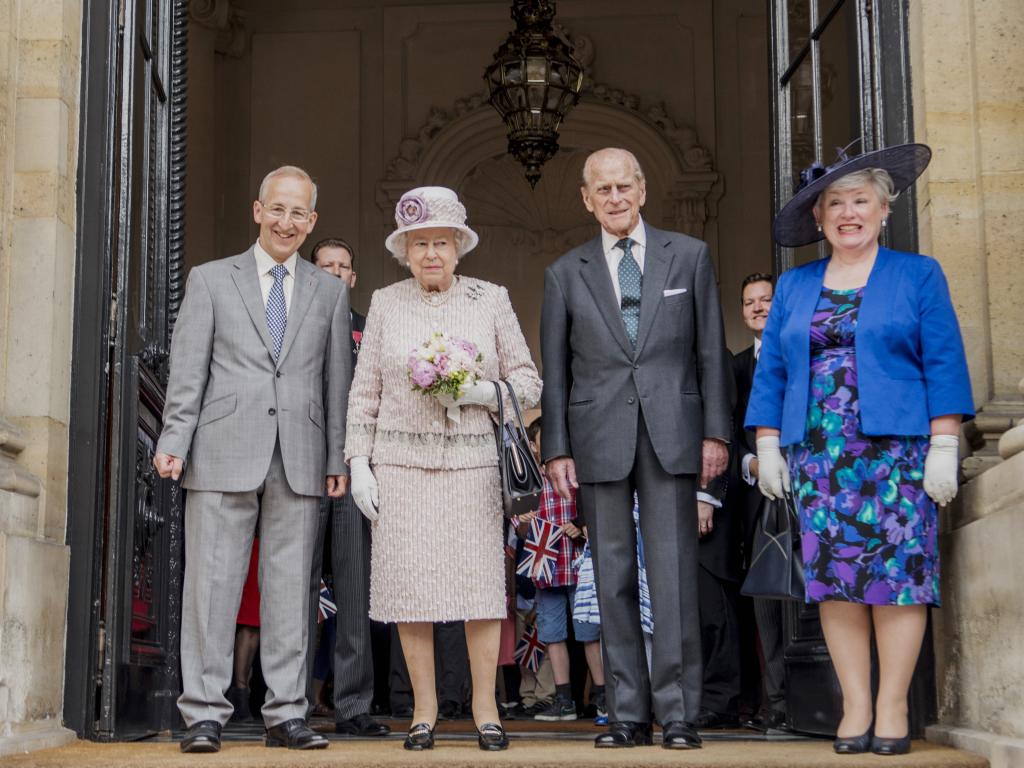
By Lady Suzanne Ricketts
Thanks to languages, I was the first person in my family to go to university. My school in Newcastle had a good French department and, unusually, a Russian teacher. Mrs Littlewood guided her small band of Russian students through O-Level in a single year, and all three of us went on to Russian A-Level. I found – like many others – that an inspirational teacher can have a life-changing impact, opening a door onto new and enticing worlds.
I stepped through that door when I set off in 1972 to Lady Margaret Hall, although I had very little idea of what pursuing a degree in French and Russian would actually mean. What I found was a bit demoralising. Although the Russian curriculum included modern writers such as Solzhenitsyn, the French curriculum then was distinctly conservative. There was plenty of Ronsard, Rabelais and Racine, but Baudelaire was considered dangerously modern. And hopes that the course would actually equip me for getting to grips with modern France were soon disappointed.
Surprisingly, there was little emphasis on the spoken language. Indeed, the public lectures of some of the more elderly French dons were pretty toe-curling when it came to quoting French texts with good pronunciation: they should have been prefaced by the warning Churchill gave in a speech after the war: ‘Prenez garde. Je vais parler en français!’[1] I was reminded of them many years later when another academic, in conversation with a French friend, uttered sentences bristling with subjunctives and received the comment, ‘Monsieur, vous parlez comme un livre!’
To this 21-year old, Russian literature and culture seemed impossibly exotic and I made the choice (radical at that time, at the height of the Cold War) of a third year abroad, on a British Council scholarship, to study in Leningrad. That year did wonders for the spoken language and basic survival skills! The ballet was wonderful and cheap and the opportunity to visit the amazing collection at the Hermitage regularly was something I will never forget. But the view of the Soviet Union from a tiny room shared with a Russian in a basic student hostel in the harsh Leningrad winter of 1974 was not an appealing one and when I boarded the ship home (travelling 9th class, naturally) I had no wish to return.

Nevertheless, for all the shortcomings of the course, my time in Oxford marked the real beginning of a lifelong love affair with language in general and French in particular. It was an obvious move to join the Foreign Office with a first posting to the Embassy in Brussels. Marriage to another diplomat at that time meant that it was difficult for both partners to have parallel careers in the Office, so I turned instead to teaching English as a foreign language. With a diploma in my pocket, I began a second and very portable career in Brussels, Washington, London and Paris!
Having studied two languages as different as French and Russian at a high level was a real help in understanding the problems English learners face. That sense of how languages work and how they are learned benefited me enormously, not only in the classroom but also in various other jobs I have had in the languages field over the years, as translator, editor and lexicographer.
Our last posting was a plum one: the British Embassy in Paris. As the wife of the British Ambassador, it was very satisfying to be able to operate without any difficulty in French in a very wide range of situations, from daily conversations with the chef about the menu to glittering dinners sitting next to the chief guest. And I found that I never stopped learning. Not just new words and phrases, but the depth and richness of the culture that lies just below the surface of French, like all languages. Snatches of old songs, proverbial sayings distilling the wisdom of generations and reminding the listener that France is still close to and proud of its peasant roots.
Really understanding this cultural underlay is for me the secret of speaking a language well. It is particularly important when having to speak accurately and accessibly under pressure, as Ambassadors have to do on foreign equivalents of Newsnight or the Today programme and their spouses when they find themselves sitting next to the Foreign Minister!
The same applies to anyone who has to work in a foreign language. And it is the study of a lifetime. What adventures lay beyond that door which Oxford opened for me!
[1] Speech made in Strasbourg, 12 August 1949